Dr. Rosanne Welch presents “How Doctor Who Redefined Masculinity: A Study of the Doctors and their Male Companions“ at the Cal Poly Pomona University Library. Dr. Welch teaches in the IGE (Interdisciplinary General Education) program.
Watch the entire presentation here
Transcript:
This leads me to the family men which I think is the most defining characteristic and I’d almost say in the new Who, but I’m going to show you how it affected the old Who as well. But they’re in this period, all referencing that. Now we go back to the old Who because it started with a father — a grandfather figure. Right? so we were given a family man to begin with to want to follow through time. His granddaughter, Susan, who is his first companion. So we had him, then we didn’t really talk about The Doctor’s family for a long time, until? Any guesses? (Pause) The Doctor’s Daughter! Finally we got to a daughter. That’s very interesting. Now we know she’s a clone thing and bah blah so it’s not really liked he was married and had a kid yet…
A clip from this 5th talk on various aspects of Doctor Who presented by Dr. Welch. You can find Dr. Welch’s other Doctor Who talks using the links below.
- Feminism in the Whoniverse
- Doctor Who and Culture
- Doctor Who Regenerated
- “How the Growing Popularity of the English Who-niverse Effected American TV” with Dr. Rosanne Welch
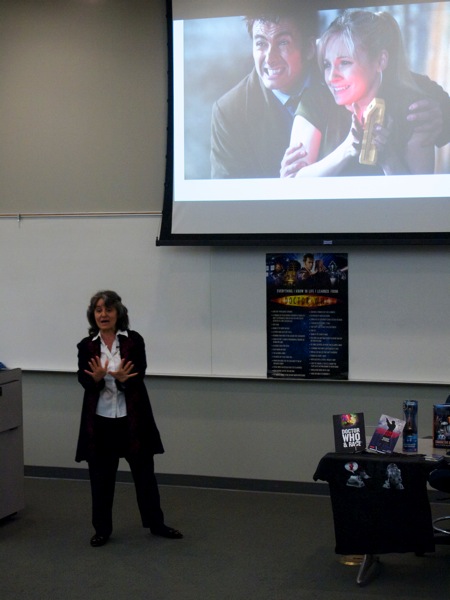
Follow Dr. Rosanne Welch on the Web and via social media at:
- Dr. Rosanne Welch Web Site and Blog
- Subcribe to Dr. Rosanne Welch on YouTube
- Follow Dr. Rosanne Welch on Twitter
- Dr. Rosanne Welch on Pinterest
- Dr. Rosanne Welch on Tumblr
Podcast: Play in new window | Download
Subscribe: RSS
![The Doctor As Family Man from How Doctor Who Redefined Masculinity [Video Clip] (0:51)](https://rosannewelch.com/wp-content/uploads/2016/02/dw-masculinity-12-family-man-anim-480x198.gif)
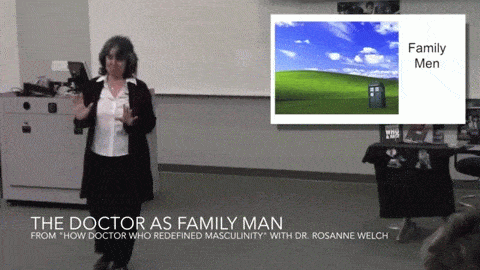
![Captain Jack and Danny Pink from How Doctor Who Redefined Masculinity [Video Clip] (1:00)](https://rosannewelch.com/wp-content/uploads/2016/01/dw-masculinity-11-jack-danny-anim-480x198.gif)

![Captain Jack and Modern Masculinity from How Doctor Who Redefined Masculinity [Video Clip] (0:48)](https://rosannewelch.com/wp-content/uploads/2016/01/dw-masculinity-10-captain-jack-anim-480x198.gif)

![PTSD and Warriors from How Doctor Who Redefined Masculinity [Video Clip] (1:12)](https://rosannewelch.com/wp-content/uploads/2016/01/dw-masculinity-09-ptsd-warriors-480x198.gif)

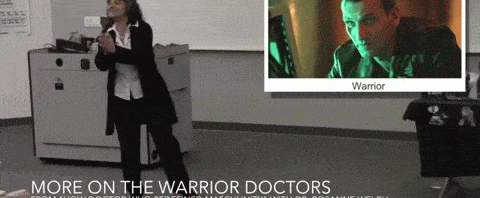
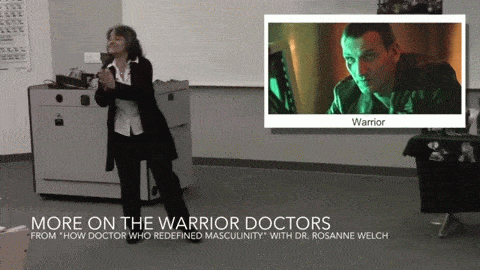
![Why not Famous Female SF&F Writers for Doctor Who? from Doctor Who: Feminism in the Whoniverse [Video Clip] (0:45)](https://rosannewelch.com/wp-content/uploads/2015/12/dw-feminism-42-famous-female-writers-anim-480x198.gif)

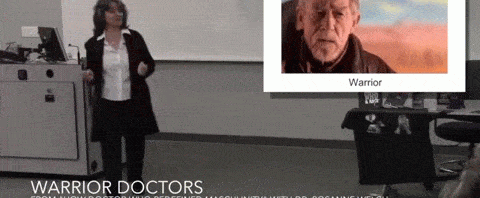

![How Many Female Writers for Doctor Who? from Doctor Who: Feminism in the Whoniverse [Video Clip]](https://rosannewelch.com/wp-content/uploads/2015/11/dw-feminism-41-female-writers-anim-480x198.gif)
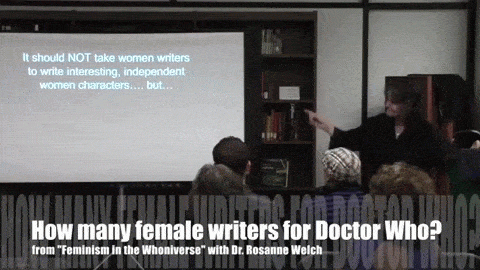
![Star Wars and It’s Impact on Modern Media Panel Discussion from The Redlands Film and Beer Festival [Video]](https://rosannewelch.com/wp-content/uploads/2015/11/redlands-star-wars-560x198.jpeg)
![Star Wars and It's Impact on Modern Media Panel Discussion from The Redlands Film and Beer Festival [Video]](https://rosannewelch.com/wp-content/uploads/2015/11/redlands-star-wars.jpeg)
![You Can Please Some of the People Some of the Time… None of the People All of the Time: A History of the Art of Adaptation in Movies like Dune, The Godfather, Harry Potter and More! [Video]](https://rosannewelch.com/wp-content/uploads/2015/10/csuf-adapation-560x198.jpg)
![You Can Please Some of the People Some of the Time… None of the People All of the Time: A History of the Art of Adaptation in Movies like Dune, The Godfather, Harry Potter and More! [Video]](https://rosannewelch.com/wp-content/uploads/2015/10/csuf-adapation.jpg)